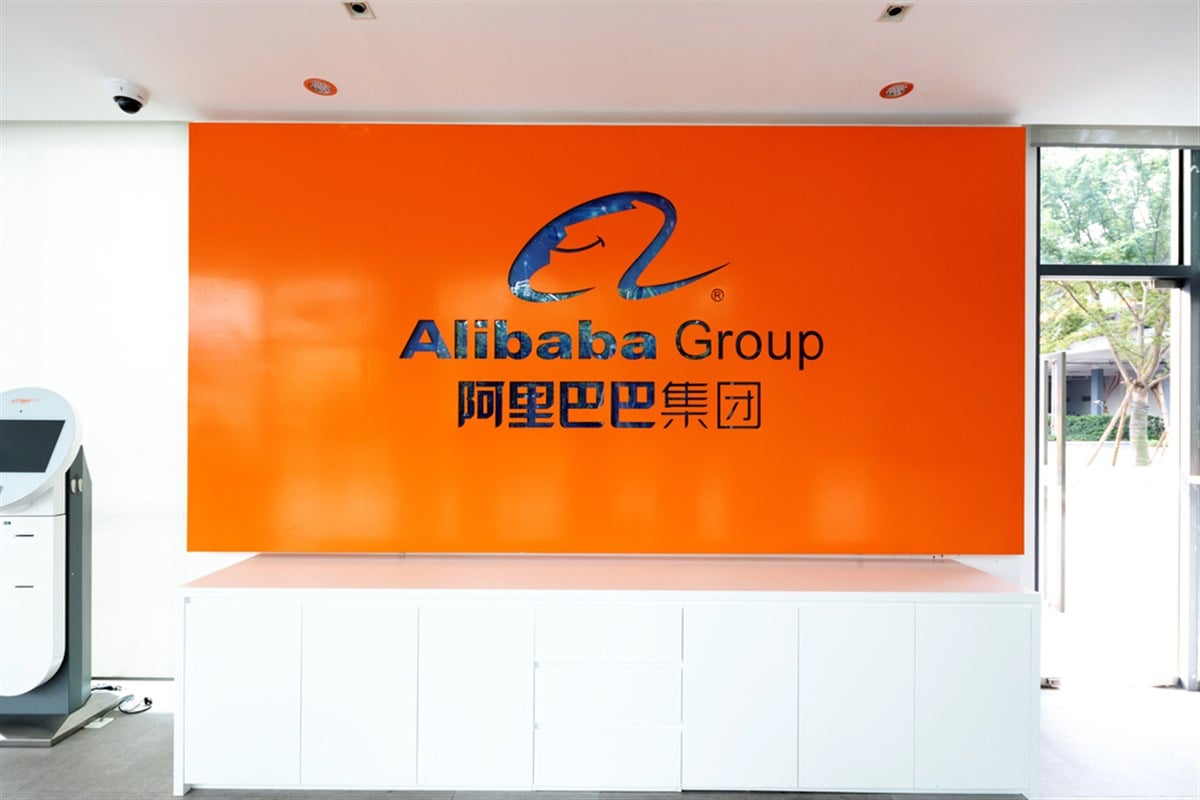
When investors think of the investment landscape, they often focus solely on the S&P 500 and the United States stock market, failing to understand or be aware that the global markets are interconnected more than ever today, in ways that if one asset class moves in Europe or Asia, it can immediately affect markets in other regions, potentially posing a risk for those who are not aware.
Recently, investors could see this effect at play as South Korea declared martial law to start in December 2024. American investors woke up to the news, sending oil prices from $68 a barrel to slightly above $70 a barrel. Of course, this price action in the energy sector will have many other implications in other sectors and stocks, so paying attention to other markets is of the utmost importance.
With this in mind, investors can – and should – look into the Asian bond markets, especially for the two leading economies in Japan and China. As it turns out, bonds in these two economies have converged in such a way to suggest that Chinese stocks like Alibaba Group (NYSE: BABA), PDD Holdings Inc. (NASDAQ: PDD), and the broader iShares MSCI China ETF (NASDAQ: MCHI) could be great buys today; as other mega investors figured over the past two quarters.
Shifting Risk Perceptions in Asia: China Is Gaining Investor Confidence
First, investors need to understand bond yields and shifts in these yields. Bond yields are the market’s way of letting everyone know their inflation expectations for the future, with rising yields meaning higher inflation expectations and vice versa.
Second, they can also show investors the implied risk when investing in a nation’s economy. There is a reason why Brazilian ten-year bonds pay over 13% when the United States ten-year bonds only pay 4.2%: there is a higher perceived risk in Brazil than in the United States, and then there are the inflation perceptions.
Investors can analyze Chinese and Japanese 30-year bonds to gauge market perceptions. Currently, Japanese rates are trending higher while Chinese rates are declining, leading to a rare inversion where Japan’s rates surpass China’s—possibly indicating that markets view Chinese investments as less risky now.
This inversion presents a unique opportunity to gain exposure to Asia’s powerhouse as broader markets and sentiment begin to shift positively toward Chinese stocks. Additionally, the relationship between stock valuations and bond yields in China offers another compelling angle for investors to consider.
The CSI 300 Index (China’s equivalent to the S&P 500) now offers yields double those of Chinese 10-year bonds. Investors can gain exposure through the iShares China ETF, which currently provides a 2.5% dividend yield, surpassing the 2.2% yield on Chinese bonds. While the difference may seem small, it signals a significant shift ahead.
All else being equal, stocks should never yield higher than a country’s bonds. There have only been two instances in the United States when the S&P 500 yielded higher than the United States ten-year bonds: in 2008 and 2020. Both extreme situations didn’t last long.
A Surge in Chinese Stock Buying Could Be on the Horizon
The fact that the Chinese stock market, despite having higher yields than ten-year bonds, hasn’t rallied yet could signal that sentiment toward the nation’s stocks is driven primarily by fear. As Warren Buffett likes to say, “Be greedy when others are fearful.”
Some investors, such as David Tepper, Michael Burry, Howard Marks, and even George Soros, took that advice to heart. These investing legends decided to start allocating capital to China, specifically through Alibaba and PDD Holdings.
Wall Street analysts, as risk-averse as they are, were bold enough to give these stocks ratings that reflect a more realistic scenario. With Alibaba, for example, the consensus price target is set at $114 today, calling for up to 34.2% upside from where it trades today.
However, some are willing to stand out from the pack, like those from Barclays. After reiterating their Overweight ratings for Alibaba stock, these analysts slapped a $130 a share price target on the company, a higher upside of as much as 53% from where the stock trades today.
The same trend is present for PDD stock today.
Analysts today set a consensus price target of $173.4, daring the stock to rally by as much as 78.1% from its current price.
However, analysts at Macquarie decided to boost their ratings to Outperform from Neutral as of October 2024, this time calling for a 130% upside in their $224 price targets.





